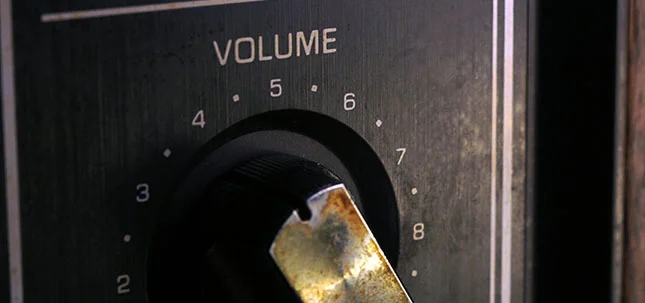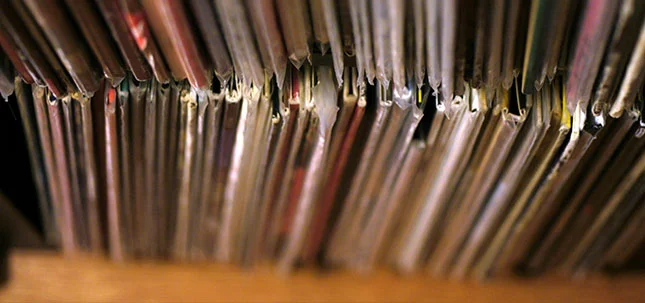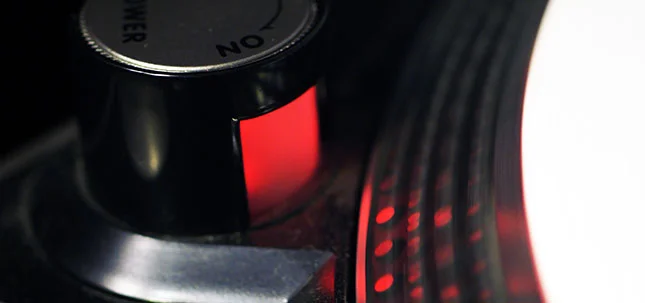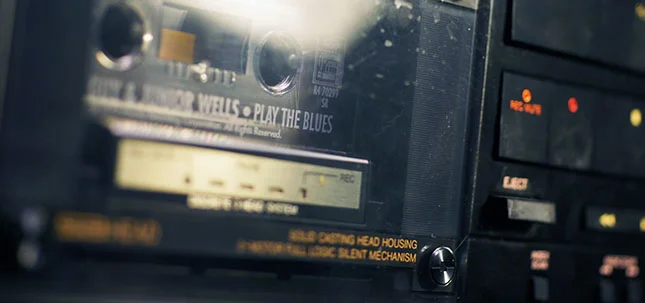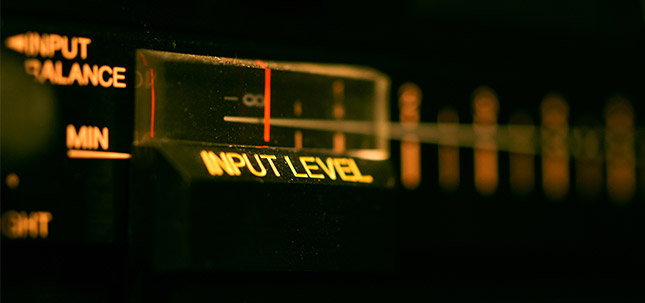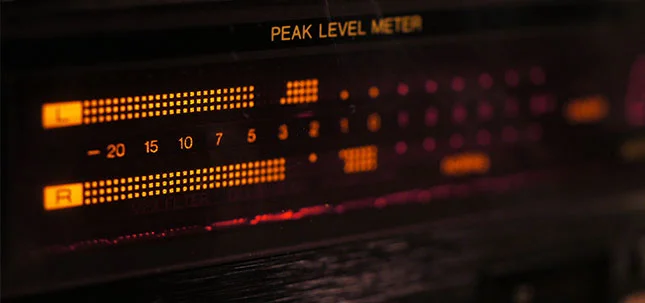DEEP CUTS: Johnny Horton - "Sink The Bismarck"
The thrill of Sirius radio is that the number of stations seems endless, and the combined catalogue of songs even more limitless. I first dove into that bottomless pool on a road trip as a teenager. Each year in high school, I made a trip from Michigan to Cleveland to the Rock and Roll Hall of Fame with one of my parents, and in this instance my friend Lauren. We were tuned to 60s on 6, which satiated both me and my dad. I was going through a Joplin/Doors/Hendrix psychedelic phase, and my dad knew most of the words to any vocal pop song played, with emphasis on Johnny Mathis, Judy Collins, and their contemporaries.
A strange song came on, starting with rolling drums and cannon noises. My dad immediately recognized it-- Johnny Horton’s “Sink the Bismarck.” He started to recount how, as a boy, he would go to his neighbor’s house and, in his words, they “nearly wore the 45 out” by playing it over and over again.
What? This song? At that time, I was jealous of my parents growing up in a time when the music I loved was being created in real time. And this is what he picked to listen to? Pseudo-cannon noises, thumping bass lines, and halting vocals? I had not ever heard this song mentioned and knew just as much about the historical subject matter.
All three of us were part of a special moment on that trip when we created an inside joke to the tune of “Sink the Bismarck.” Better yet, we mused on how, if it was not on the radio, no one else at this moment in time was listening to this very song in their car. Statistically, it was not possible. It’s possible we were the only people that week, or even that month, to sing along to “Sink the Bismarck.”
This discussion became tradition once I put the song on my dad’s iPod. We would drive to the grocery store, the hardware store, wherever-- my dad would turn on this song and do an air drumroll on the steering wheel and say, “no one else is listening this song anywhere right now.” He would text me periodically throughout college when he listened to the song, and just a few months ago when I mentioned I was visiting Lauren, he said he hoped she had not forgotten about Johnny Horton.
After this trip, I often wondered this about other strange songs I would listen to-- what were the statistical chances of someone else listening to it at that moment-- and always thought of my dad. But no obscure song was as near and dear as “Sink the Bismarck,” and periodically when it came back into my life, I would Google it and dig around a little. The song and the singer have an interesting background.
For starters, some brief history: the Bismarck was a Nazi battleship, that, as the song says, “had the biggest guns,” and was “the fastest ship that ever sailed the sea.” Odds were stacked, especially after the Hood was mortally wounded in a WWII battle with the Bismarck, but in the British fleet retaliated and “cut ‘er down,” in Horton’s words. Perhaps remarkable at the time, but not particularly at the forefront of popular WWII history today.
The 1960 song was one of a few in a series of songs, all historical, that were relatively major hits for Johnny Horton. His others include “Battle of New Orleans,” which was written by an actual history teacher, and “North to Alaska,” a western-style ballad released the same year as “Bismarck.” This video starts with Horton himself listing some pretty incredible sales statistics about his records before he performs “North to Alaska,” making him sound like the Taylor Swift of historical ballads.
Even for a history buff like myself, these records seem remarkably uncool. Then how did “Sink the Bismarck” hit #3 on the Hot 100 chart? Historian Bill C. Malone, a renowned scholar of country music, describes in his book Country Music U.S.A. that in a period of about 1958 - 1960, there was a “phenomenon … of the so-called saga song.” (283) These songs were the awkward cousin of the urban folk revival, and followed the tradition of 1920s event ballads, but focused mainly on the “depiction of completely fictional episodes or remote historical events.” Malone continues that “only rarely did the saga song describe events of contemporary significance.” These songs primarily came from Columbia Records, and Malone goes so far as to describe it as a “craze.” (285) Horton, it appears, was in the thick of this craze, and his song “The Battle of New Orleans” was the most popular of this era and thus, the anthem of the saga-song trend.
Two of his songs, “Bismarck” and “North to Alaska,” were featured around the releases of films of the same name, both in 1960. “Sink the Bismarck” was not actually in Sink the Bismarck, but instead was just used to promote the film using Horton’s popularity.
That’s pretty much the deepest any examination of Horton and his song goes, and they all suddenly stop short with a sentence that begins with “tragically.” Horton was killed at the end of his banner year of 1960 by a drunk driver in Milano, Texas. A promising country music career cut short, Malone notes some irony in this, as Horton was married to Billie Jean Jones, the widow of Hank Williams. Williams remains the most iconic story of a country music career ending suddenly. Billie Jean later went on to have a relationship with one of Horton’s close friends, Johnny Cash.
While there aren’t as many Horton fans as there are Hank Sr. fans out there, he still has a small following of people who, according to YouTube comments, are appalled he isn’t in the Country Music Hall of Fame. That said, I am not sure how country his songs are-- certainly in the country tradition, but more folk-leaning, especially in the context of the early 1960s.
As for the legacy of the song, I also discovered that the Blues Brothers did a cover of it at Bob’s Country Bunker, but it was cut out of the film. I’m certain this delights my father, who introduced me to the Blues Brothers, in addition to “Sink the Bismarck.”
Other links of interest:
A fan might’ve met Johnny Horton’s ghost
Johnny Horton discography on Discogs
An unreleased duet from friends Johnny Horton and Johnny Cash





